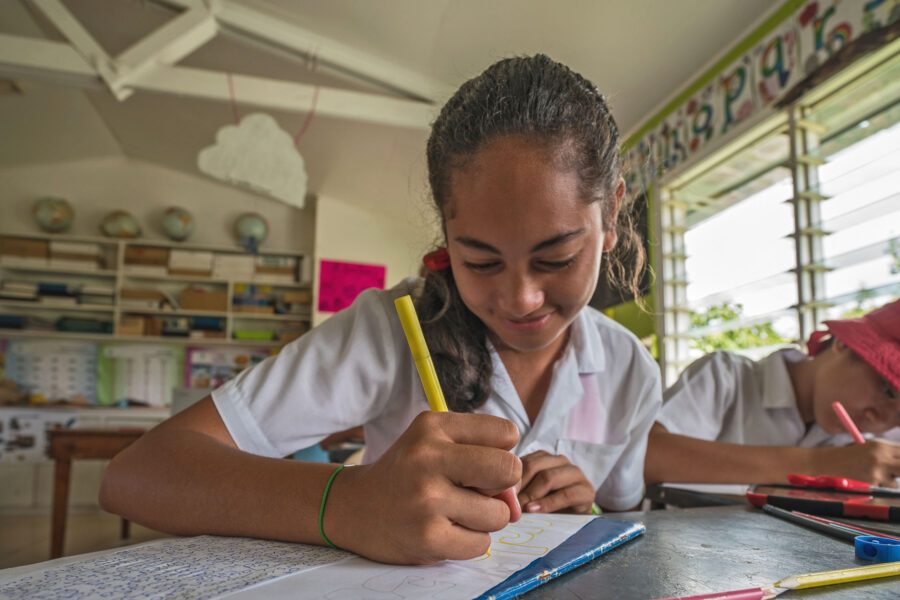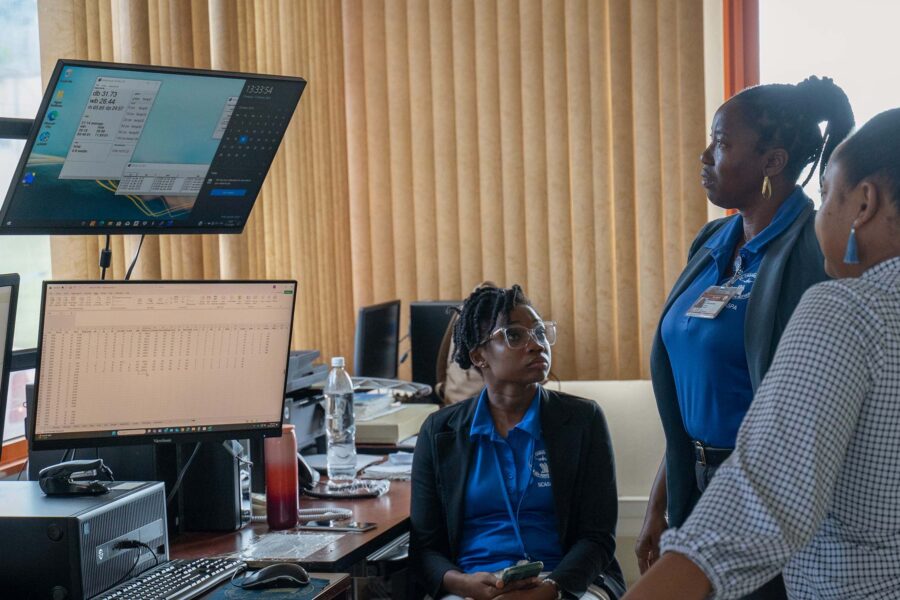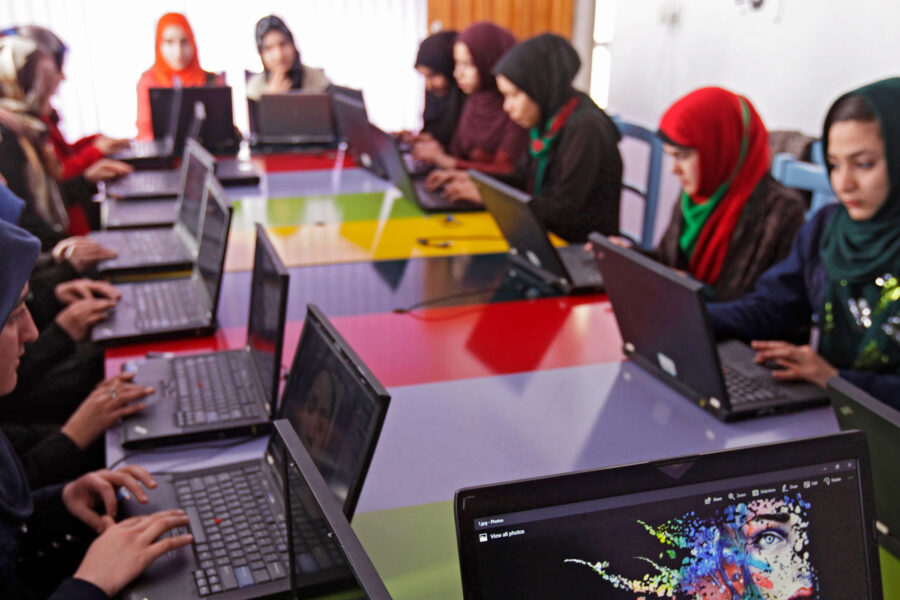Education is the most cost-effective health intervention
Health — Global
Noncommunicable diseases (NCDs) are the leading cause of preventable health issues and premature deaths worldwide. Tackling them requires long-term thinking, including investing in adolescents – the next generation of parents, citizens, and leaders













